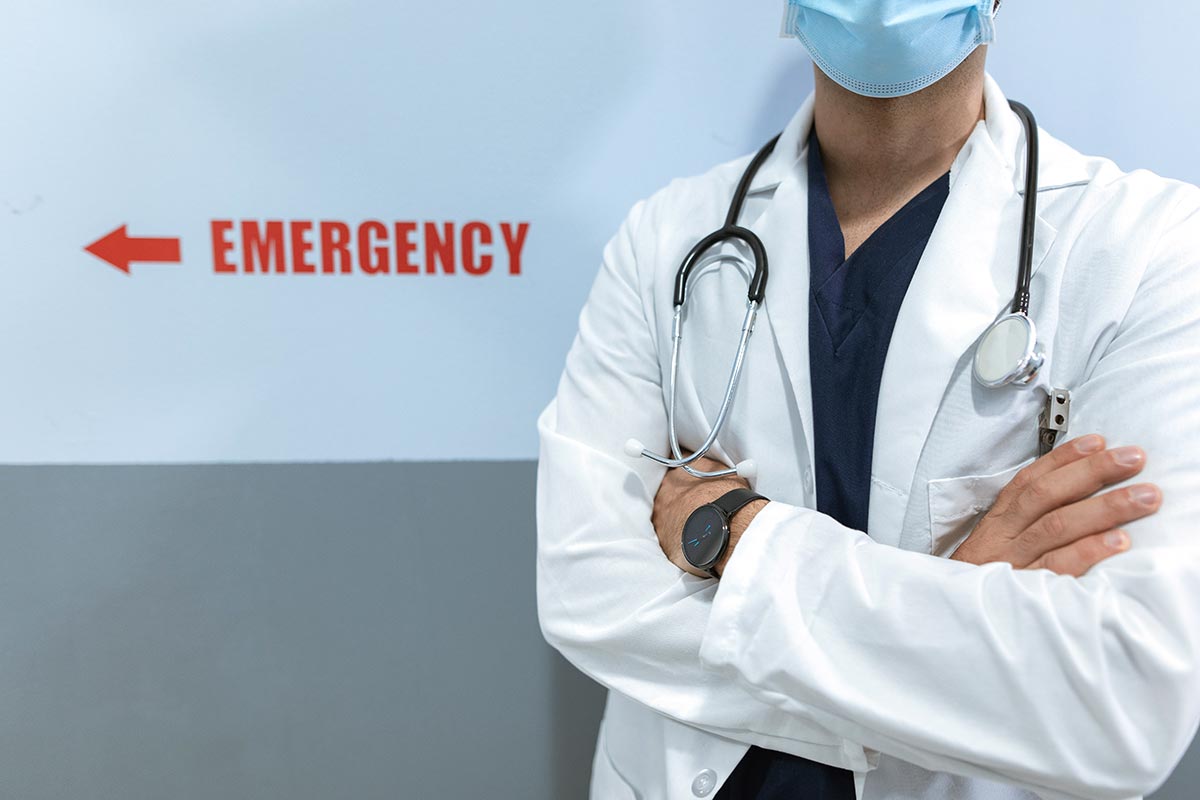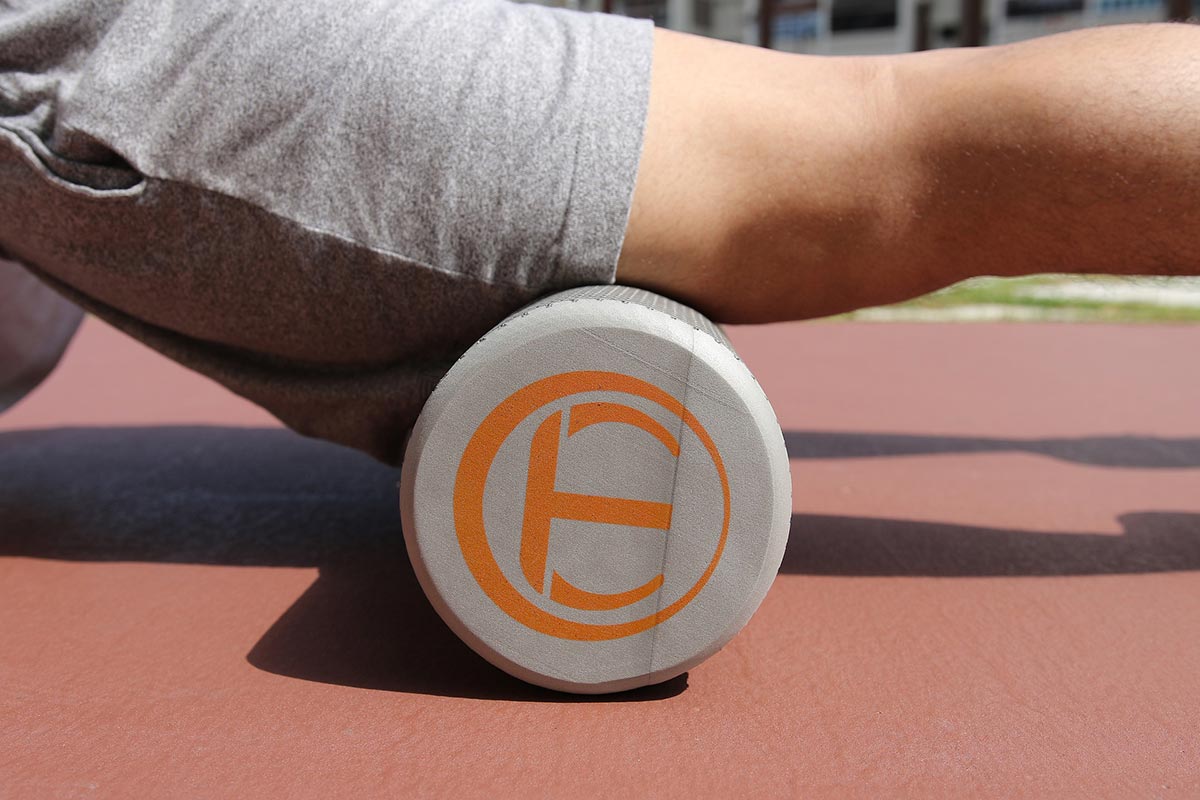Be Prepared Before You Leave
No one plans for a medical emergency while traveling, but being prepared can make all the difference. A good place to start is scheduling a checkup with your doctor six to eight weeks before your departure. This ensures you are fit for travel and gives you time to complete necessary vaccinations or health screenings. Discuss your itinerary with your doctor to address potential health risks associated with specific activities like hiking or diving.
It’s also important to know what to do upon your return. If you experience unusual symptoms within a week or two of coming home, schedule a follow-up appointment. Certain illnesses common in other countries may require immediate attention to avoid complications.
Understand Your Health Insurance Coverage
Before leaving, review your health insurance policy to determine what it covers abroad. Many plans exclude medical evacuations or restrict coverage to certain types of facilities. If your current plan falls short, consider purchasing supplemental travel insurance that includes emergency medical benefits and evacuation coverage. For added peace of mind, check if your credit card offers reimbursement for medical emergencies during travel.
Always carry your insurance card and policy information with you, along with a contact number for assistance. Having this readily available can save valuable time in an emergency.
Research Local Healthcare Facilities
Healthcare quality varies widely from country to country. Research the standard of care in your destination and note the locations of nearby hospitals and clinics. For example, major cities typically offer better-equipped facilities compared to rural areas. In some cases, you may be better off seeking care in a neighboring country or arranging for medical evacuation back home.
Familiarize yourself with the local emergency numbers. While 911 is standard in the United States, many countries use different numbers, such as 112 in Europe. Having this information readily available can save precious time during an emergency.
Prepare Essential Medical Documents
Doctors abroad will not have access to your medical records, so bring copies of key documents. Include a list of allergies, chronic conditions, medications, and previous surgeries. Consider wearing a medical alert bracelet for added safety, especially if you have conditions like diabetes or severe allergies.
Translate critical medical information into the local language if necessary. This ensures clear communication in the event of a language barrier, allowing doctors to make informed decisions about your care.
Pack Your Medications
Bring enough prescription medication to last your entire trip, plus a few extra days’ worth in case of delays. Keep medications in their original containers with labels to avoid issues at customs. If you anticipate needing refills, ask your doctor to write a prescription that specifies the generic name of the medication, as brand names may differ internationally.
For over-the-counter medications, pack essentials like pain relievers, anti-diarrheal medicine, and antihistamines. A small first-aid kit with bandages, antiseptic wipes, and tweezers can also be helpful for minor injuries.
Register Your Trip
If you’re a U.S. citizen, register your trip with the Smart Traveler Enrollment Program (STEP) through the U.S. State Department. This service connects you with the nearest U.S. embassy or consulate, providing assistance in emergencies like natural disasters, political unrest, or medical crises. The embassy can help you find reputable medical facilities, contact your family, and even assist with financial transfers if needed.
Stay Calm and Take Action
In the event of a medical emergency, staying calm is crucial. Contact the local emergency services or head to the nearest hospital or clinic. Use your research to guide your decisions, prioritizing reputable facilities whenever possible. If language barriers arise, use translation apps or request an interpreter through your embassy or travel assistance provider.
Keep family or friends informed about your situation. If you’ve registered your trip, the embassy can act as a liaison, ensuring your loved ones are updated on your condition.
While no one wants to think about medical emergencies during a trip, preparation can save time, money, and stress. By taking proactive steps—such as reviewing your health insurance, researching local healthcare, and carrying essential documents—you’ll be equipped to handle unexpected situations with confidence.
Traveling abroad should be about creating memories, not worrying about what could go wrong. With the right preparation, you can focus on enjoying your journey, knowing you’re ready to face any challenge that comes your way.













